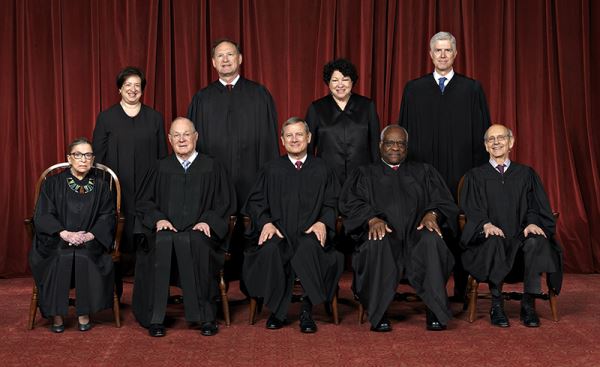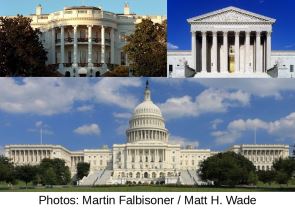A review of the Masterpiece Cakeshop case and the performance of the Republican majority court.

I’m not a negative nitpicker determined to find fault, but I am committed to putting things in proper perspective, comparing them to fixed, objective standards and timeless truths. That includes giving an honest assessment of the Masterpiece Cakeshop case recently decided by the U. S. Supreme Court, and of the performance of the court in general.
Though the court found in favor of the side that the Christian right had hoped for, it did so in a manner that was not actually a victory for religious liberty and freedom of conscience. In fact, the decision actually serves to cement the idea that homosexuals have a “right” to be served by individuals and businesses, even when providing those services violates the personal convictions of the service provider. Continue reading “What Has the Supreme Court Done for Conservatives?”

 I expect we’ve all heard the phrase, “three coequal branches” used to describe the composition of our federal system of government. In fact, we’ve probably heard it so many times that we don’t even pay attention, we just accept it as fact and move on. But, is it true? Are the three branches of our federal government really “coequal?”
I expect we’ve all heard the phrase, “three coequal branches” used to describe the composition of our federal system of government. In fact, we’ve probably heard it so many times that we don’t even pay attention, we just accept it as fact and move on. But, is it true? Are the three branches of our federal government really “coequal?”